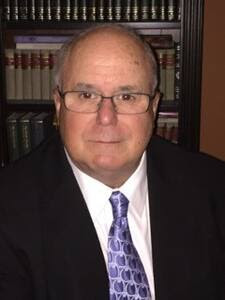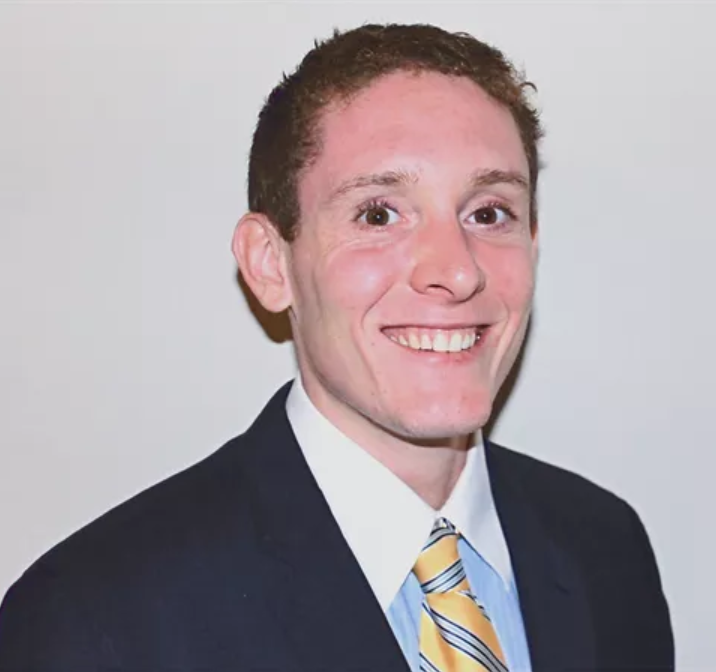Decorating a room with glow-in-the-dark stars that adhere to the ceiling, having “Back to the Future” as a favorite movie, and watching science fiction and fantasy shows are just a few signs that a child may grow up to study astrophysics and dark matter.
Assistant Physics Professor Dr. Chris Kelso grew up with an engineer for a father, allowing him to explore his interests in math and science. During his second semester of studying physics, electricity and magnetism, he realized physics was his passion.
“All of the electricity and magnetism can be written down and described in just four fundamental equations,” Kelso said. “To me it was amazing to be able to describe so much of what we see and do every day in such a simple context.”
Researching dark matter with an advisor in graduate school helped Kelso center his focus on this topic. Kelso said he has always been interested in learning about space, and dark matter is all about that.
“When I went to graduate school, I started trying out different things. I actually worked in a biophysics lab, and I worked in an optics lab,” Kelso said. “I did some theoretical work on modeling cells and things like this. I started working on this dark matter research with my advisor. It was a good match for the sort of things that I found interesting.”

According to Kelso, astrophysicists have been researching dark matter for decades, but have yet to learn anything concrete. He said that one of the biggest questions in physics is discovering what exactly dark matter is.
“It’s something that is causing objects to move faster than they should be. It’s producing gravity, but it doesn’t produce light,” Kelso said. “That’s why dark matter is really important — because it is exerting this gravity force, but from what we can tell it’s not producing light and some of the other fundamental forces that we know about.”
In order to get some results, Kelso continues to focus his research on theoretical ways to find possibilities of what dark matter can be, and how to look for this possible particle.
“[Physicists] have been working for a long time, and we still don’t know what it is,” Kelso said. “Step one would just be, ‘Can we figure out what particle, if it even is a particle? What particle is dark matter?’ Then, after that, study the properties of it. ‘How does it interact with the other particles that we know about like the protons and the electrons?’”
His teaching career has mainly focused on astroparticle physics, which according to Kelso can be simplified to mean “physics that is going on out in space.” But his teaching career isn’t just about exploring his own interests. He also encourages students to break stereotypes and pursue their passion for physics.
“One of the things that I enjoyed the most was last year I took eight students to Georgia Tech to go to the Conference for Undergraduate Women in Physics,” Kelso said. “It’s a conference that happens every year and is sort of focused on helping female students succeed [and] complete their undergraduate degree in physics.”
According to Kelso, there’s a misconception about pursuing a career in physics: people have labeled the career as being too hard to be good at it, a reason Kelso doesn’t accept. He believes everyone has the capabilities to figure out what our world is made of.
“As long as you are willing to put in the effort, you can succeed on being good in physics,” Kelso said. “Physics is describing the universe and the world that we live in, so you experience it every day. To say that you can’t be good at physics, it is sort of like saying you can’t be good at understanding what you see around you.”
—
For more information or news tips, or if you see an error in this story or have any compliments or concerns, contact editor@unfspinnaker.com.











